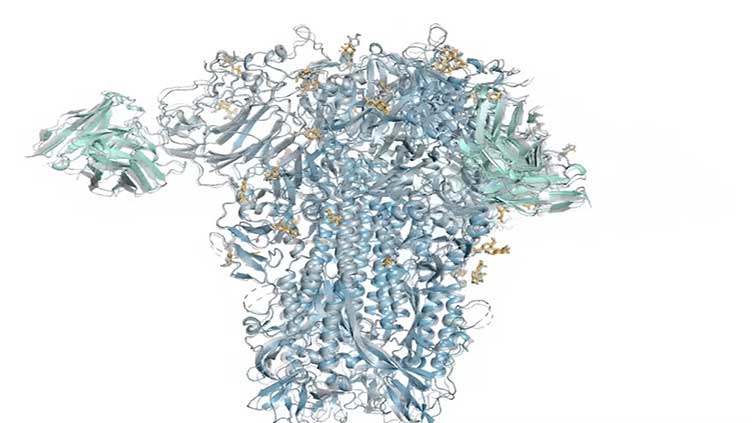Technology
AlphaFold 3 could help develop cures and treatments for everything from cancer to malaria
(Web Desk) – Google’s artificial intelligence division DeepMind has unveiled a new model that researchers claim could revolutionise biology and lead to breakthroughs in everything from cancer treatments to crop resilience.
The AlphaFold3 model is capable of predicting how all of life’s molecules interact with each other with “unprecedented accuracy”, supercharging the hunt for new drugs and treatments for some of humanity’s most devastating diseases.
DeepMind is making the tool available for free for non-commercial researchers in the hope that it will be used to transform drug discovery and medical treatments.
Sir Demis Hassabis, founder and chief executive of London-based DeepMind, said the program gives researchers a “toolset”, that can “increase the speed of the drug discovery process massively” and “transform our understanding of the biological world”.
Every living cell operates with what researchers describe as “molecular machines” made up of proteins, DNA, small molecules known as ligands, and many more.
“By seeing how they interact together, across millions of types of combinations, can we start to truly understand life’s processes,” the DeepMind team wrote in its blog.
When provided with a list of molecules, AlphaFold 3 is able to generate their joint 3D structure, predicting how they would all fit together.
The team said AlphaFold 3, which powers its free tool known as AlphaFold Server, is 50% more accurate than the best traditional methods available and can produce predictions within seconds that would normally take months or years to do.
Dhavanthi Hariharan, product manager at DeepMind, said the AlphaFold Server is “a one-stop solution to generate lots of biological molecules by clicking a few buttons”.
“It is currently the most accurate tool in the world for predicting how proteins interact with other molecules.”
Sir Demis said the tool builds on the “big milestone moment in structural biology” of AlphaFold 2, an earlier model that predicted the structures of almost every protein made by the human body.
In December 2020, AlphaFold was recognised as a solution to the 50-year-old grand challenge of protein structure prediction by the organisers of the Critical Assessment of protein Structure Prediction (CASP).
The team said more work is needed to improve the accuracy of the models, which will “incur an additional computational cost”.
Matthew Higgins, EP Abraham chair of structural biology at the University of Oxford, who has been using AlphaFold to study malaria vaccine candidates, said the tool “will make a huge difference to the ability of scientists across biomedical research to understand how the machinery in our cells works”.
‘ ;
var i = Math.floor(r_text.length * Math.random());
document.write(r_text[i]);

